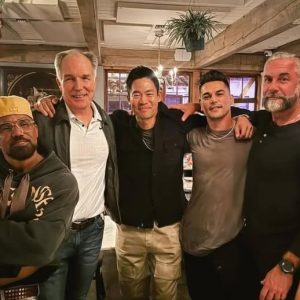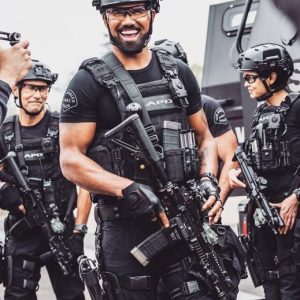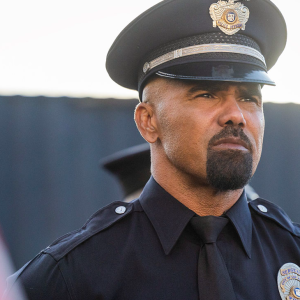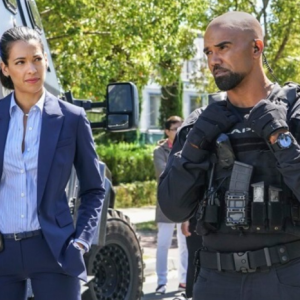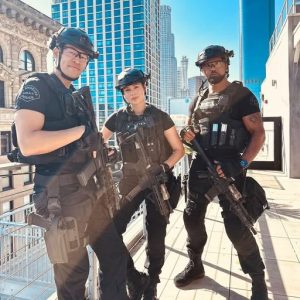After seven seasons of relentless action and profound character development, the acclaimed series S.W.A.T. concluded its run, delivering a finale that served as both an emotional culmination and a definitive test for Sergeant Daniel “Hondo” Harrelson and his elite 20-Squad. The series, known for its dynamic action sequences and nuanced exploration of contemporary societal issues, aimed to conclude its journey with a powerful narrative arc, challenging its core themes of loyalty, leadership, and the enduring strength of chosen family. The central question looming over the final episodes was whether Hondo could truly keep his team, his second family, intact when faced with their most formidable challenges yet.
Executive Producer Andrew Dettmann revealed that the S.W.A.T. series finale was conceived as a no-holds-barred, two-hour event, a rollercoaster of explosive threats and deeply personal conflicts designed to push Hondo and his team to their absolute limits. This wasn’t merely another mission; it was the culmination of years of character growth, a relentless pursuit of justice in Los Angeles, and countless tests of loyalty. At its heart was Hondo, perpetually striving to hold together a squad that had become an extension of his own family, balancing the immense pressures of command with the profound emotional ties he held for each member.
The finale unfolded across two intense segments. The initial hour ignited with a massive vehicle hijacking, a seemingly straightforward criminal act that rapidly spiraled into a high-octane chase involving a highly valuable, $60 million car. The situation took an even more personal turn for Hondo with the resurfacing of a long-standing nemesis from his past. As tensions mounted and Hondo’s instincts went into overdrive, he found himself in the precarious position of having to balance his unwavering commitment to law enforcement with the powerful pull of personal vendettas. This complex opening set the stage for the escalating chaos, highlighting the intricate moral dilemmas Hondo frequently faced.
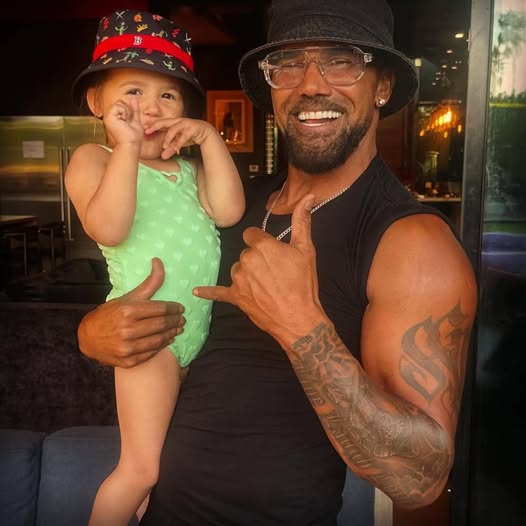
The drama intensified exponentially in the second hour as a group of Russian mercenaries launched a coordinated terror attack across the city of Los Angeles. Explosives were strategically planted citywide, transforming the urban landscape into a sprawling, dangerous chessboard. In a critical turn of events, 20-Squad found themselves trapped inside their own headquarters, cut off and under siege. It became a do-or-die situation, a desperate struggle for survival against overwhelming odds, with the very real possibility that not everyone might emerge from the conflict unscathed. The intensity of this segment underscored the show’s commitment to high-stakes action, but always grounded in the human element of fear, determination, and unity.
At the thematic core of this climactic narrative was the profound battle between Hondo’s unyielding role as a leader and his deep emotional ties to his team. This internal struggle was particularly tested by recent tensions with Devin Gamble, a character once viewed as a rising star within the department. Gamble had made questionable choices that Hondo had taken very personally, leading to friction and a sense of betrayal. The final episodes forced Hondo into a moment of profound reckoning, prompting him to confront his own past mistakes. Was he too harsh in his judgment? Did he misinterpret a teammate’s actions? These questions haunted him, adding another layer of personal drama as lives hung in the balance amidst the city-wide crisis.
In a poignant turn of events, just when Gamble seemed irrevocably out of the squad’s orbit, she reappeared at the most crucial juncture—right in the thick of the unfolding chaos. Her return was not merely a cameo; she played a pivotal role, ultimately saving Hondo’s life and unequivocally proving her worth, flaws and all, within the 20-Squad unit. This act of redemption was transformative. After the smoke cleared and the immediate threat subsided, Hondo, demonstrating profound growth as a leader, offered Gamble a heartfelt apology. He recognized her bravery and resilience, acknowledging her as the “missing piece” the team needed. This moment underscored a crucial message of the series: even the most experienced leaders can evolve, admit their errors, and learn to embrace compassion over rigid control.
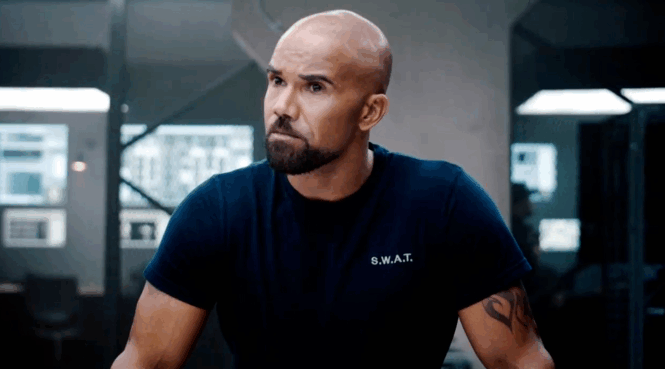
The finale beautifully concluded with a heartfelt time jump of two weeks, offering viewers a glimpse into the immediate aftermath and the evolving futures of the beloved team members. Tan embraced a new role as a liaison to the mayor, a testament to his intelligence and adaptability. Deacon, often described as the soul of the team, presented each member with a custom watch, meticulously engraved with the powerful and symbolic phrase, “20 Squad, stay liquid.” This gesture encapsulated their shared journey and the enduring bond forged in countless missions. Hondo, visibly older and imbued with new wisdom, finally appeared to be at peace, having navigated his personal and professional challenges with grace and strength.
Hondo’s personal growth was a central takeaway from the series’ conclusion. More than just a formidable fighter, he had evolved into a bridge-builder, learning to balance strict control with profound compassion. This crucial evolution, honed over seasons of carrying the immense weight of leadership, was evident in his interactions and his capacity for self-reflection. The team’s legacy was firmly established; they were no longer just a squad but a brotherhood, a family united under fire. Every custom watch, every scar, every unspoken glance exchanged between team members told a story of unity and resilience that transcended the scope of their missions.
The finale powerfully revisited recurring themes that had resonated throughout the show’s run. Hondo’s enduring mantra, “we’re a family,” delivered the ultimate emotional punch, reinforced by their collective sacrifices and shared triumphs. The theme of second chances permeated the final episodes, from Gamble’s redemption arc to Hondo’s profound self-awareness and willingness to admit his misjudgment. The series conveyed that in real life, even heroes are prone to mistakes, but it is their capacity for growth and forgiveness that truly defines them.

S.W.A.T. masterfully balanced explosive action with profound emotion. While the finale certainly delivered thrilling car chases, intense shootouts, and high-stakes tactical decisions, its true brilliance shone in the quieter moments—the honest, unscripted glances exchanged between team members that conveyed a shared understanding: “We’ve been through hell—and we’re still standing.” Shemar Moore, who embodies Hondo, aptly described his character’s final journey as “Hondo’s heart versus Hondo’s head,” promising fans a “painful but powerful” ending that closed a significant chapter while leaving the door ajar for future possibilities.
Beyond being a conventional cop drama, S.W.A.T. consistently stood out for its seamless integration of real-world issues—ranging from racism and mental health challenges to the pressures of family life—within its action-packed framework. The show challenged conventional norms, told deeply human stories, and presented heroes who felt relatable and authentic. Its farewell was undeniably worthy of its seven-season journey. There were no contrived send-offs or forced plot twists; instead, the finale delivered raw, earned emotion coupled with explosive storytelling, ensuring the core team survived their ordeal.
In the end, Hondo didn’t merely hold his team together; he elevated them. As they stepped into the next chapter of their lives, they did so with the profound knowledge that they had been part of something truly significant. They were never just officers; they were an unbreakable brotherhood, a devoted family, and a powerful force of unity in a complex world. Deacon’s parting gift, the phrase “Stay Liquid,” served as a metaphor for their enduring philosophy: to adapt, to move, and to survive together, no matter what life throws their way. This legacy, defined by loyalty, leadership, and an unwavering bond, cemented S.W.A.T.’s place as a memorable and impactful series.
